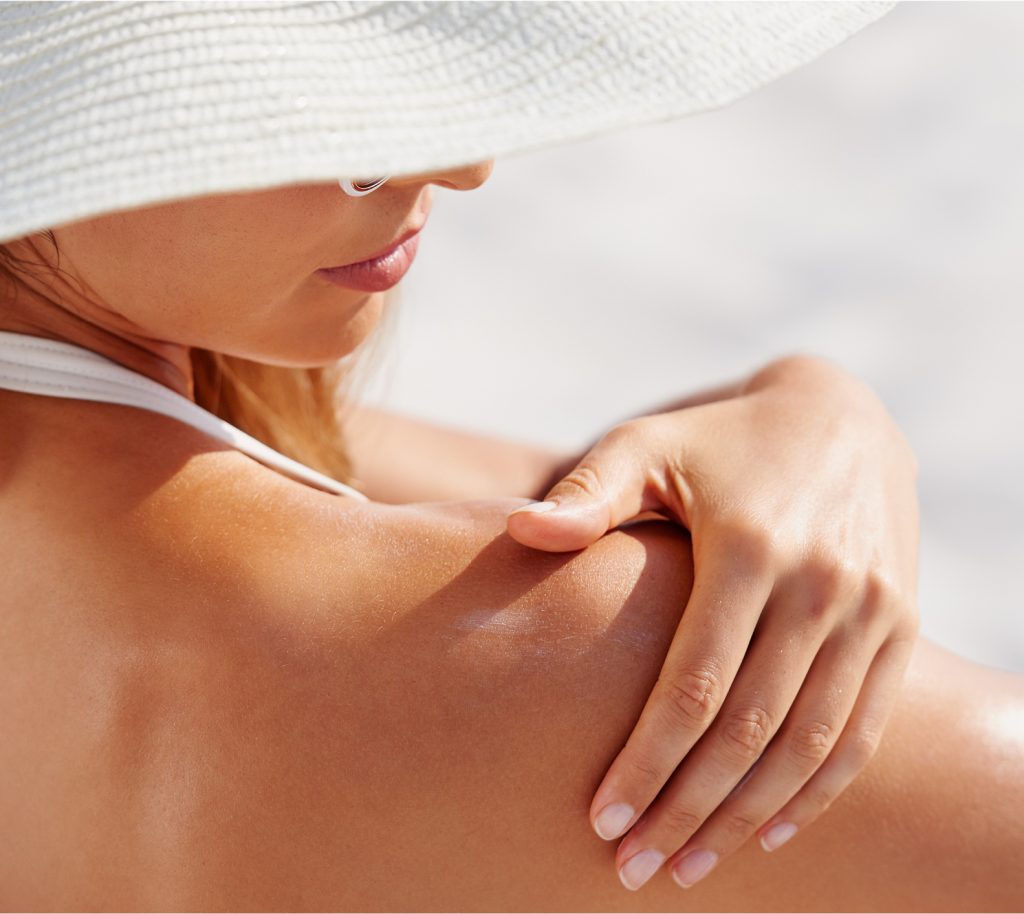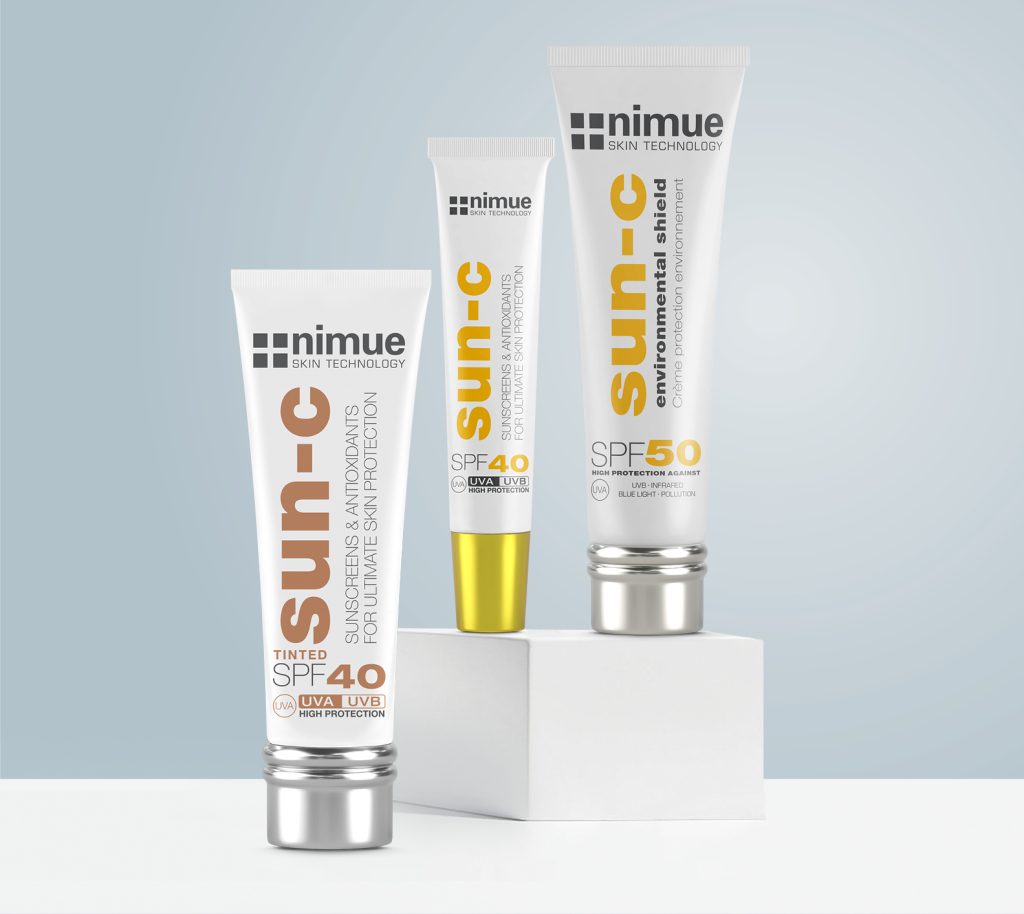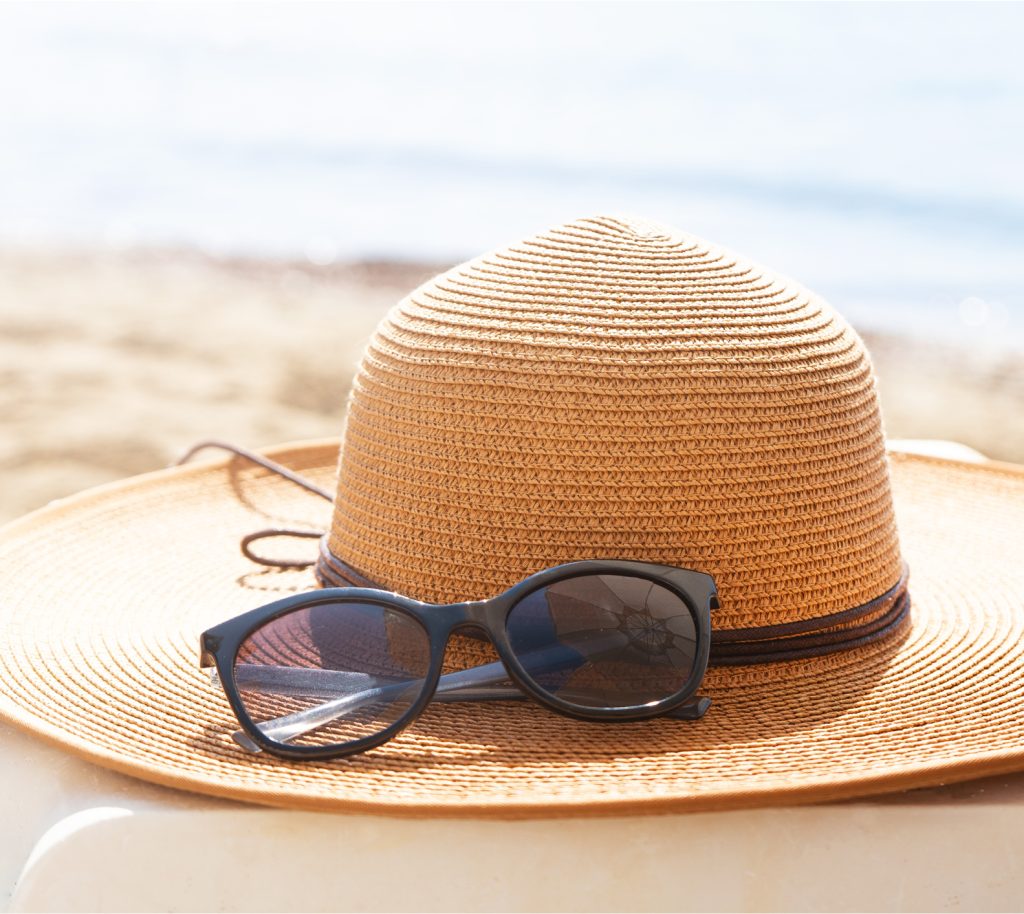From an early age, our parents have constantly encouraged us to stay out of the sun, and, for what it’s worth, they certainly know what’s good for us. Yet some of us (as we age) still want that glowing summer tan at the end of our holiday break. Soaking up the rays, as some say, as well as hitting those tanning beds, have continued to be the ultimate beauty trick. While we think it’s easier to skip the sunscreen for that quick tan, it’s really doing more harm than good.
Long exposure to tanning booths and sunbeds is equally harmful to the skin as the sun itself, however, both are responsible for long-term damage. Rest assured, there are ways to monitor and manage your exposure to the invisible UVA and UVB rays—whether it’s overcast, a hot sunny day, or heading off to the tanning salon. Protecting yourself is first and foremost fundamental to preventing problems later on in life.
What Are Ultraviolet Rays and How Do They Affect You?
UVA and UVB rays are what we’re concerned about and for good reason. According to the Skin Cancer Society, UVA rays have a longer wavelength, leading to skin ageing, whereas UVB rays have a shorter wavelength, responsible for damaging the outer layers of your skin – resulting in sun burns, blisters and premature ageing.
Some (if not all) medical experts tell us that the sun is a good source of vitamin D, claiming that we’re only meant to be getting minuscule amounts. For instance, Susan Massick, MD, a US-based dermatologist says, “It does not take excessive amounts of sun to get a healthy dose of vitamin D. It would be possible to get adequate vitamin D with limited exposure to your arms and legs for 10 to 15 minutes, two to three times a week.”
How To Defend Your Skin Against Harmful UV Rays
With the right safety precautions and know-how, you’re able to enjoy the benefits of being outdoors. Simply applying the following tips can reduce any of the negative effects that UV rays would typically have on your skin.
These are the top three essentials (at the very least) to have on one’s person:
Apply Broad-Spectrum Sunscreen
We’ve all seen the SPF (Sun Protection Factor) numbers on every bottle of sunscreen. A higher SPF is far more effective for your skin. Broad-spectrum means that the sunscreen will support filtering out the UVA and UVB rays that are responsible for premature ageing and sunburns. Remember, sunscreen can wear off, so it is vital that you reapply after sweating, swimming, and every few hours. You’ll find most SPF products range from 15+ up to 50+, so try to aim for a higher SPF when you’re spending a lot of time outdoors.
Monitor The Day-To-Day UV Index
The UV index reports how intense the UV rays are. You can keep track of the intensity on most weather apps or websites. On a scale of 1 to 11, the UV index shows when the higher rays are the strongest.
Typically, UVA and UVB rays reach their peak midday while the lower amount of rays settle later on in the afternoon or early morning. When you become familiar with the index, you stand a greater chance of reducing damage.
UV Approved Sunglasses & Protective Clothing
As much as we love to throw on those pretty summer dresses and garden shorts, having protective gear doesn’t hurt. Specially manufactured clothing has been internationally certified, and specifically designed to protect you from ultraviolet rays. If you prefer something a little more practical, you can always throw on an extra t-shirt and beach cover-up.
While our skin is important to protect, our eyes are also vulnerable to harsh UV rays, accounting for the delicate skin under our eyes too. There are telltale signs that indicate how your eyes have consequently suffered from UV; ophthalmologists have reported that yellow marks in the eyes are just one result. Be sure to always wear UV-approved sunglasses while you’re driving, or travelling outdoors, and try to avoid reflections.
Overview
Practising these tips will make a long-term difference to your skin’s health, allowing you to protect yourself efficiently. Not only should this be part of your daily routine, but educating your loved ones will explain why and how sun protection should be part of their routine too.
Protect yourself. Explore our premium sunscreen range to help you prevent future sun damage: nimueskin.com


